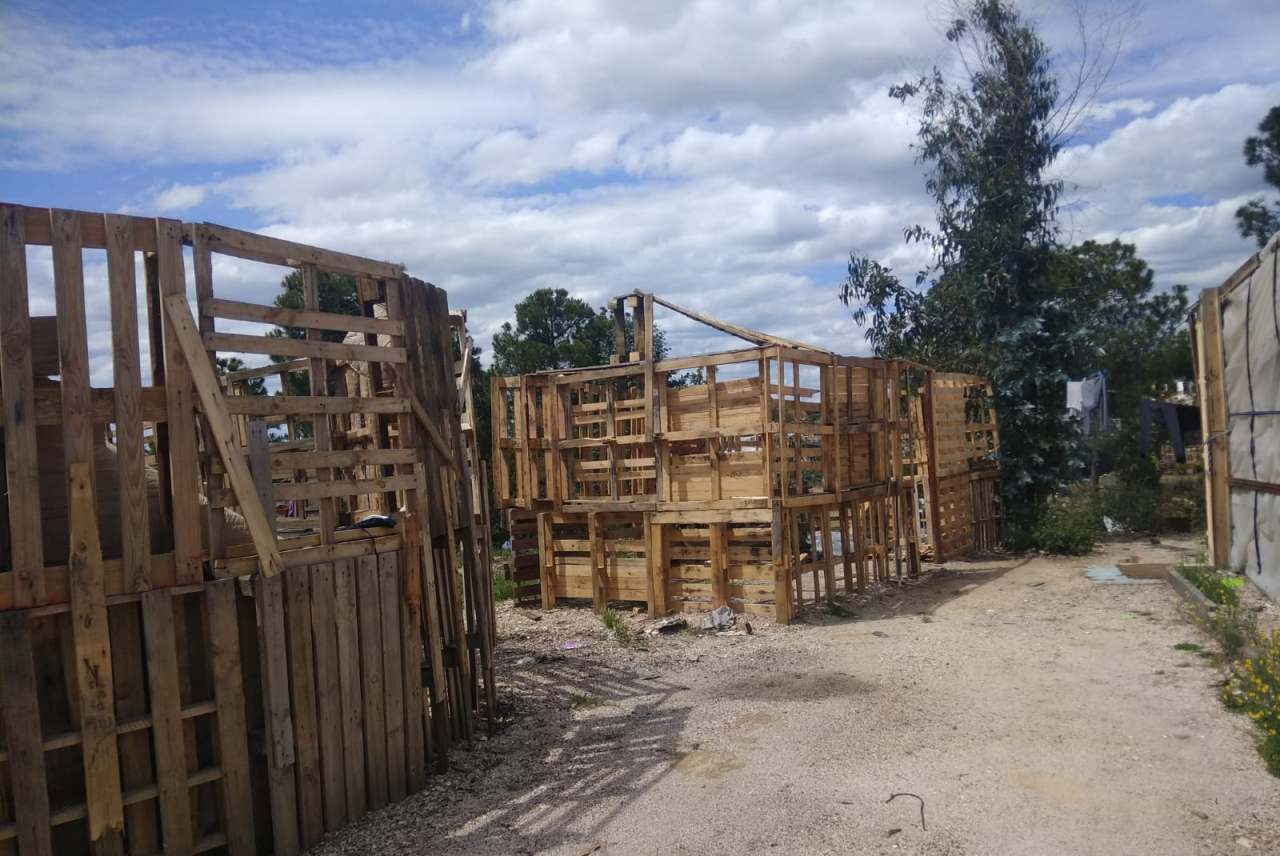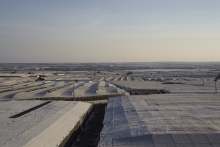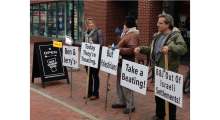In late March, a worker in Lepe, Southern Spain, filed a lawsuit against local government authorities, for “violation of the right to water and sanitation as an essential human right.”
Residents of the Lepe settlement in Huelva were informed by Spanish Authorities on Thursday 19th March that they were confined to the settlement to prevent the spread of coronavirus.
Thousands of migrant workers support the multi-million pound soft fruits industry in area. Companies there are thought to supply fruits sold in all major UK supermarkets. Many of the workers live in ‘shanty’ settlements, which are often several km away from the neared water point.
The plaintiff, who hasn’t been named in Spanish press says that he repeatedly requested to be supplied with water and sanitation but that authorities “have done nothing” to provide for local populations.
"There are many people who have nothing to eat and no clean drinking water," Amadou*, who also lives in Lepe told us.
Communities living in the settlements in Huelva say that it is almost impossible for locals to follow health protocols like regular hand washing during the pandemic due to the lack of running water. Residents have to walk or cycle up to several kms to fill water drums for cleaning, cooking and drinking water from the nearest water point.
Inadequate government response
On 15th April, the Spanish government announced €23million to improve conditions in over 100 settlements in Huelva and Almeria. But those in the area are concerned that little will reach the communities and it will not materialise fast enough to meet their urgent needs.
"Really things aren’t going to change in relation to the urgent situation the people in the shantytowns are facing at this moment," José from SOC-SAT union in Almeria says.
Amadou told us at the end of March that those in Lepe were still waiting for support promised by the UME (the relief unit of the Spanish armed forces) in the first weeks of the outbreak. The UME said that it would install showers and provide PPE.
"I can only say I haven’t seen any help arrive.”
Without food or medicine
Although agricultural labourers have been classified as ‘essential workers’ by the Spanish government, many of those in the settlements have been unable to go to the farms, due to limitations of two people per vehicle, or because their companies have shut down.
For workers who rely on their weekly pay, and receive no relief from the companies employing them, the lack of employment is alarming.
"Many of the residents in the settlements have no close family, nor any financial support,” Lamine Camara from the Collective of African Workers told Spanish press. “If the disease does not kill us, hunger will kill us.”
Those who do continue working often say that they are without protections. Workers say they are forced to continue without masks, gloves or respect for the minimum safety distances.
"People are crowded, without protection material and in some greenhouses there is not even water,” Ana Pinto, spokesperson for Colectivo de Jornaleras de Huelva en Lucha (JHL), said in an interview with Spanish press. Ana says JHL has received hundreds of messages from people working on farms in the area who feel concerned for their safety.
For many, stopping work even if at-risk or showing symptoms is not an option. “They are people who live on what they earn from from this harvest,” Ana says.
High risk of infection
The conditions mean that the risk of Covid-19 entering the settlements is high.
Already, protests have been held outside the facilities of Grufresa – one company in the Huelva region, where a worker has been tested positive for the virus – to demand security and prevention measures. Grufresa says that it is “complying scrupulously with all the safety protocols”.
JHL has also filed requests for the temporary closure of operations of nine companies in the soft fruit sector, which it says are not complying with the necessary protocols.
Other workers though say they feel unable to speak out, their health fears outweighed by fear of retaliation from their employers. "If a farm worker gets a problem label, they'll hardly be hired again,” the general secretary of the CGT union in Huelva, Diego Rodríguez says.
An ongoing crisis
Local organisations emphasise that the settlements have long been at crisis point. “For years dozens of ghettos have been forged in the fields of Almeria, where an army of thousands of day labourers, most of them young, and including more and more women, are humiliated and used as cheap labour,” José from SOC-SAT says.
In January, the United Nations’ Special Rapporteur on extreme poverty visited settlements in Huelva, and stated that he was left “stunned” after seeing the conditions there.
“I met with workers living in a migrant settlement in conditions that rival the worst I have seen anywhere in the world.”







